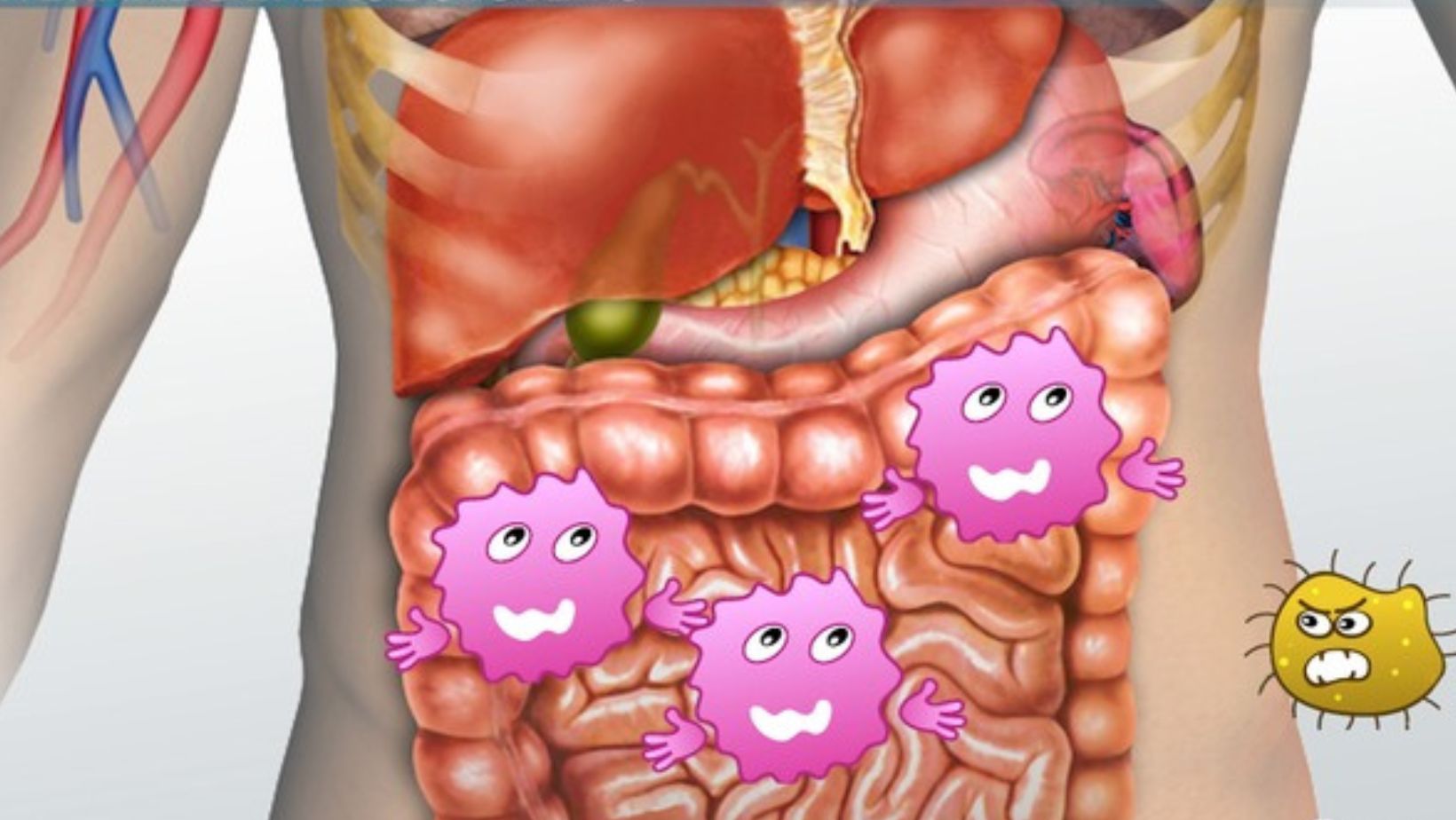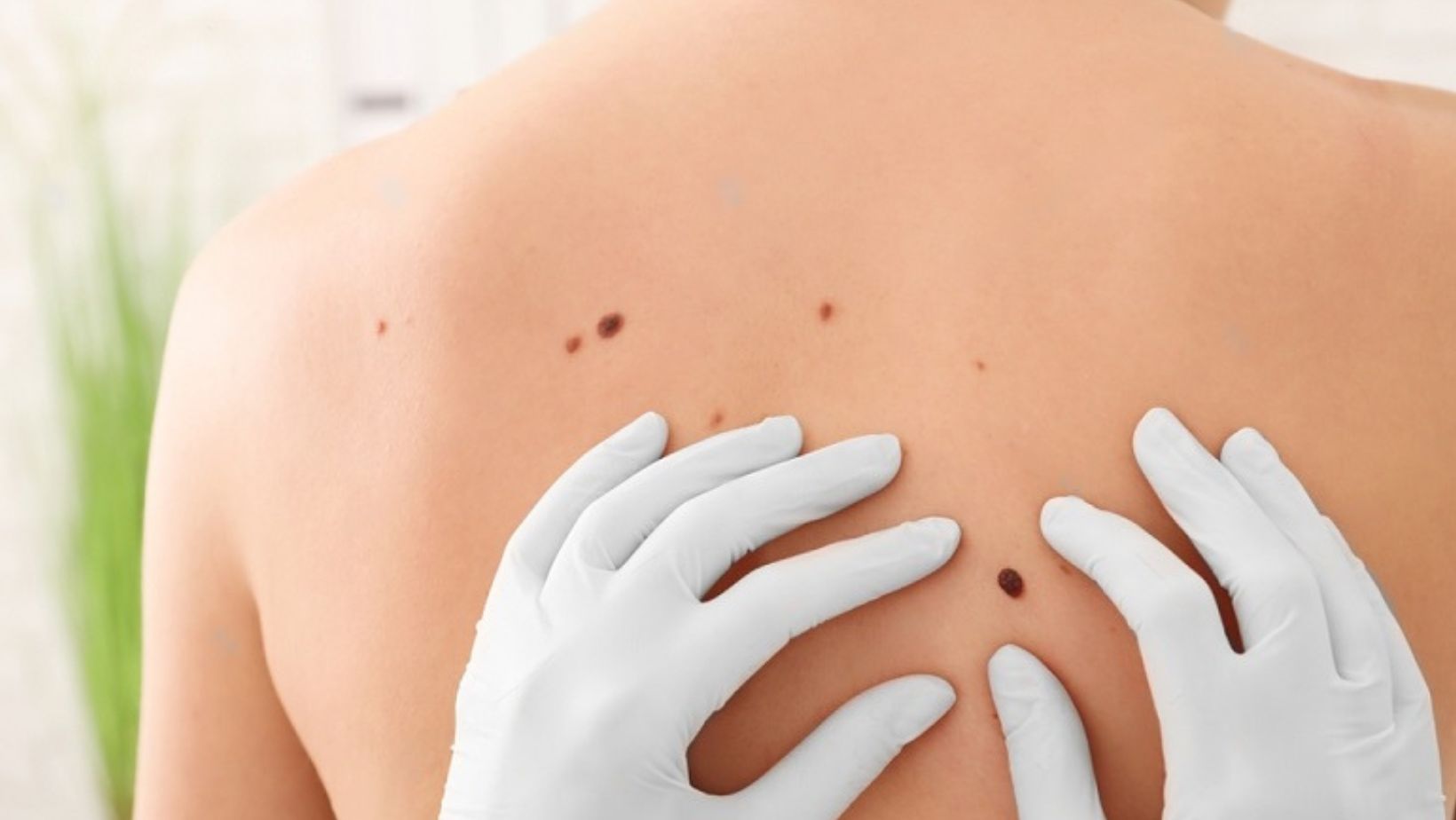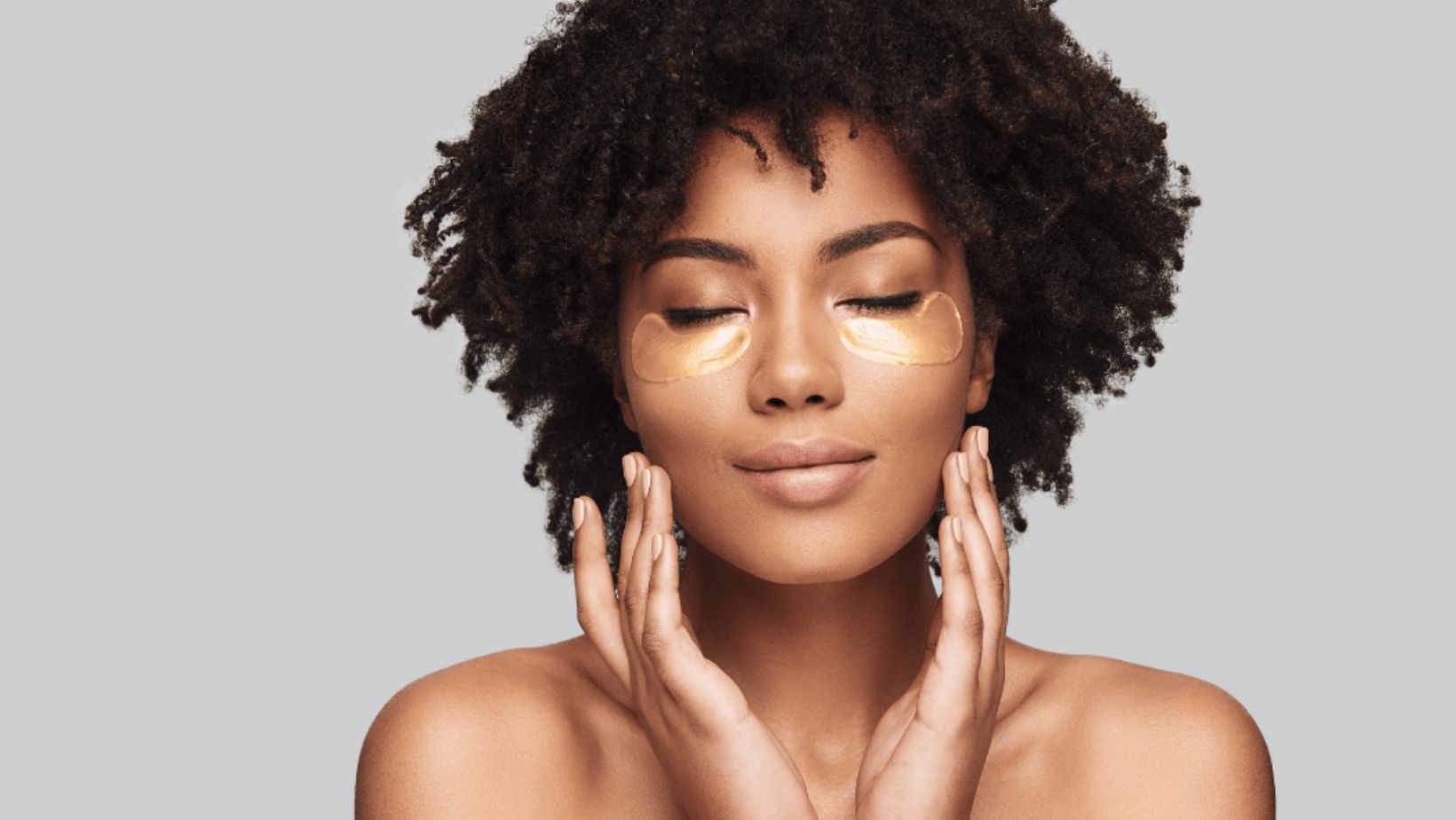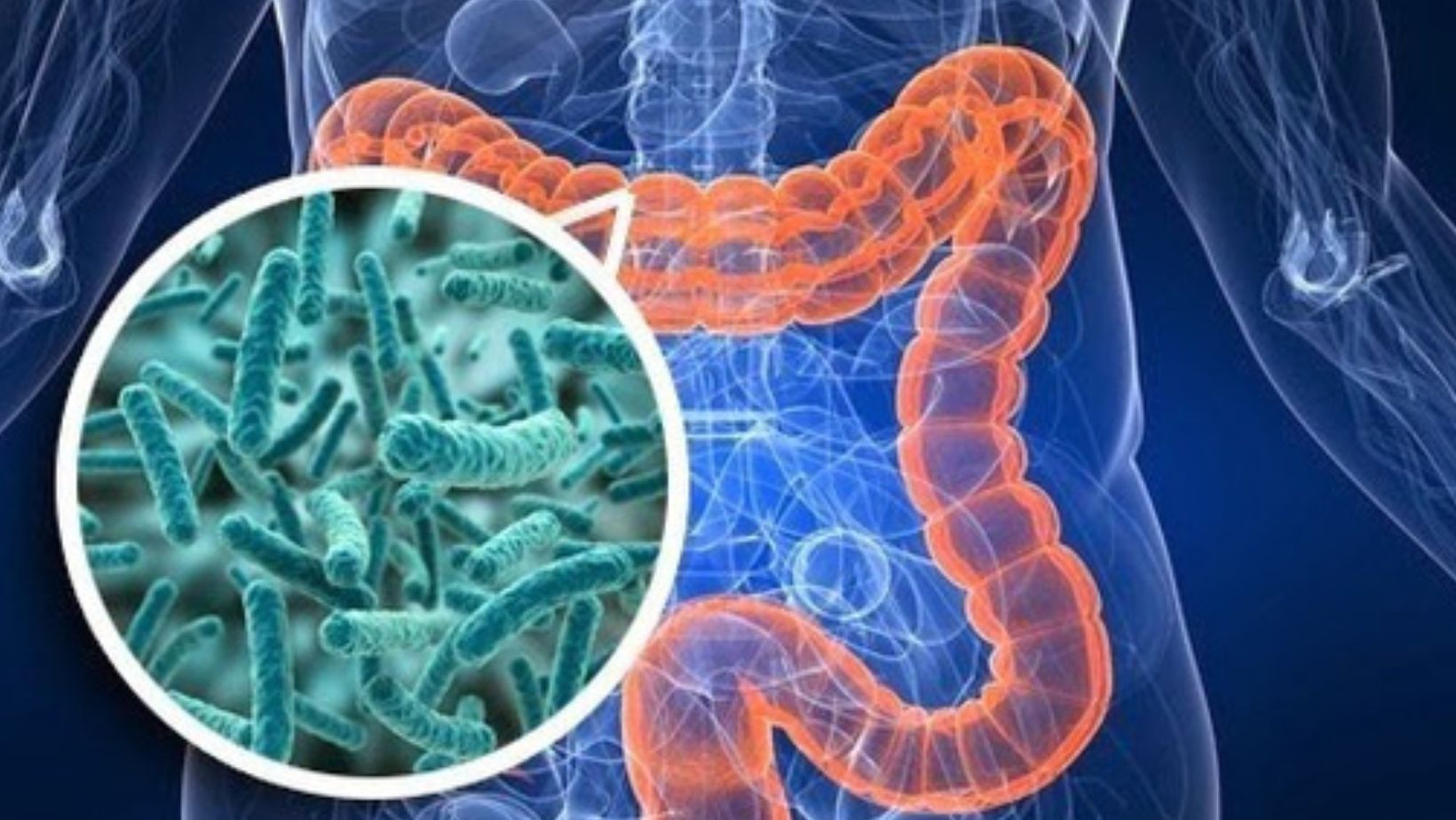Your skin does more than hold your body together—it’s a vital barrier, a sensory hub, and a health signal. While the adage may remind us that “beauty is only skin deep,” science suggests much more to this outer layer than meets the eye. Skin isn’t just a cosmetic concern; it’s a frontline defense mechanism and a window into your overall health.
Skin: Your Body’s First Line of Defense

It protects the body from harmful environmental threats, including bacteria, viruses, and other hazards. According to Dr. Heidi Kong, a dermatologist with the National Institutes of Health (NIH), it acts as a “barrier to protect the body from invasion.” Beyond defense, the skin contains nerve endings that provide crucial sensory information, helping you avoid dangers like sharp objects or extreme heat.
But the skin’s duties don’t stop there. Tiny blood vessels and sweat glands to help regulate body temperature, while specialized cells convert sunlight into vitamin D—a nutrient essential for strong bones. Your skin multitasks 24/7 to keep you safe, healthy, and comfortable.
When Skin Sends Warning Signs

It can also act as an alarm system for underlying health issues. For instance, a persistent rash may signal allergies or infections. A red, butterfly-shaped rash on your face might indicate lupus, while yellow-tinted could indicate liver problems.
Dr. Kong also notes the importance of monitoring moles: dark or irregular ones can be early warning signs of cancer. Experts recommend checking regularly and consulting a doctor if you notice unexpected changes.
Caring for Your Skin in Everyday Life

Hydration is key to keeping you healthy. Dry, flaky may result from dehydration, harsh soaps, or excessive time in sunny or arid conditions. While regular handwashing is essential for hygiene, Dr. Kong warns that overwashing, especially hot water, can strip away natural oils. Use warm water gen, soaps, and moisturizing creams to avoid unnecessary dryness.
Protecting it from sun damage is also crucial. Ultraviolet (UV) rays from sunlight contribute to premature aging and cancer. Dr. Kong recommends wearing sunscreen with an SPF of 30 or higher, seeking shade during peak sun hours, and covering up with hats and protective clothing.
The Role of Your Microbiome

Researchers are diving deeper into the skin’s microbiome—the ecosystem of bacteria and microorganisms that live on the surface. Surprisingly, many of these microbes are beneficial, boosting immunity and helping the body fight infections. However, certain microbes are linked to diseases.
“We’re trying to understand how these microbes differ between healthy individuals and those with conditions,” explains Dr. Kong. The ultimate goal is to enhance the balance of helpful microbes while minimizing harmful ones, potentially paving the way for innovative treatments in the future.
It isn’t just an outer shell—it’s a complex, active organ that works tirelessly to protect and maintain your health. Paying attention to its signals and giving it the care it deserves ensures your skin keeps supporting you for years.

